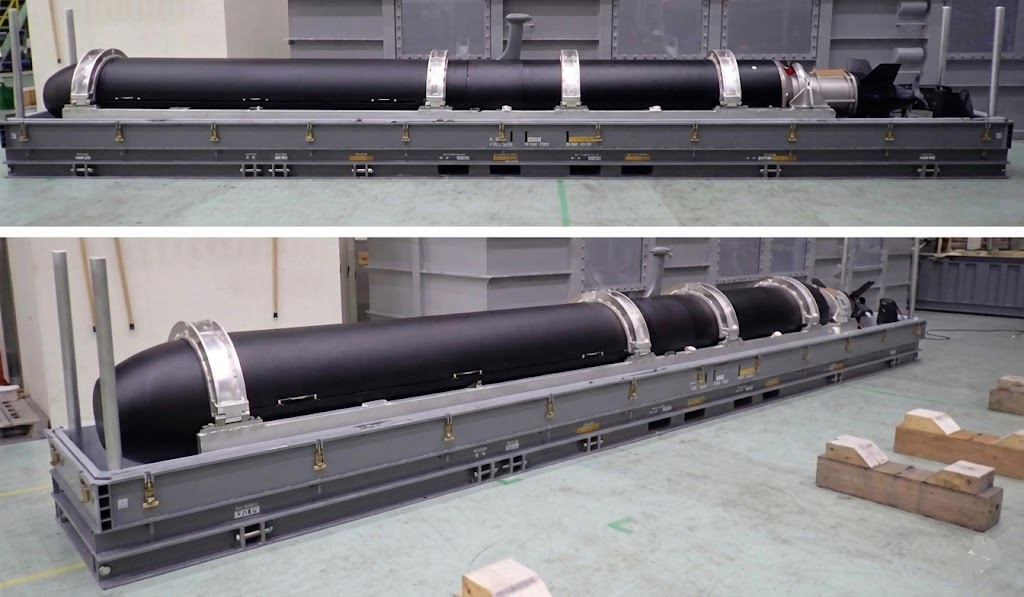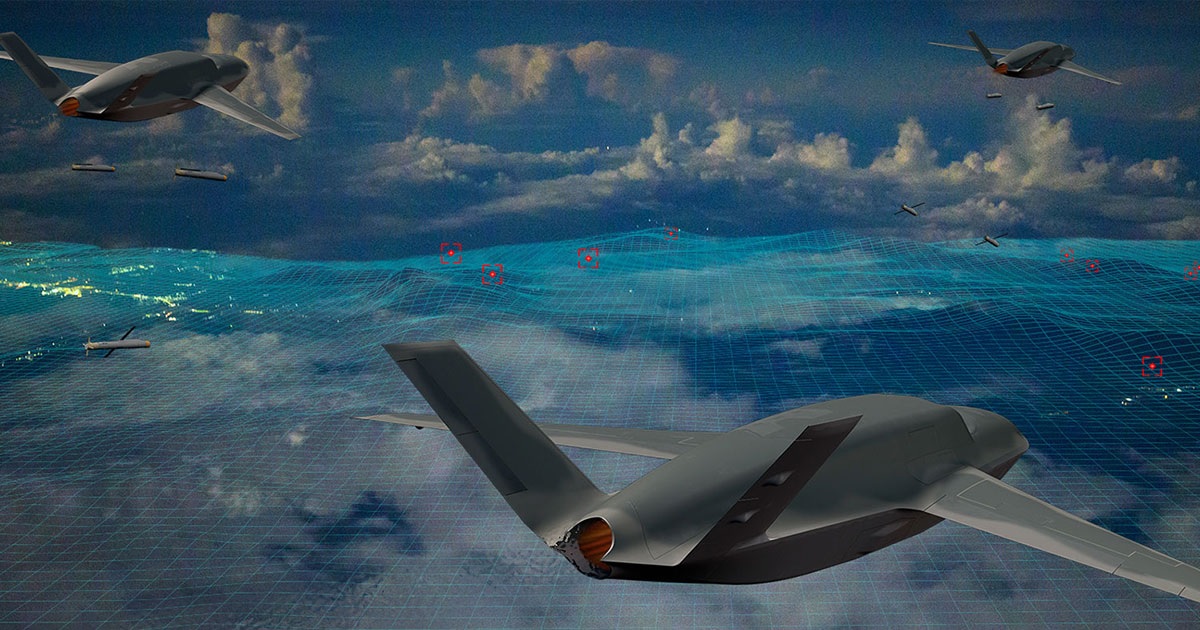Israel’s BlueBird Aero Systems Opens SpyX Loitering-Munition Production Line in Morocco

In a major breakthrough for regional defense manufacturing, Israel Aerospace Industries (IAI) subsidiary BlueBird Aero Systems has officially opened a state-of-the-art production facility in Morocco dedicated to manufacturing its SpyX loitering munitions. The development positions Morocco as the first country in the Middle East and North Africa — after Israel — to produce this class of kamikaze drones.
The new factory, located in Benslimane in the Casablanca-Settat region, serves as both a production hub and a long-term sustainment center. Local Moroccan media report that the initiative includes a comprehensive technology-transfer program designed to train and certify Moroccan engineers in assembly, maintenance, and systems support. The move aligns with Rabat’s strategy to localize advanced defense technologies and gradually reduce dependency on foreign suppliers.
A Strategic Drone With Tactical Punch
BlueBird’s SpyX is a lightweight, precision-guided loitering munition designed for front-line ground forces and special operations units. Built for silent flight and high maneuverability, the system offers both reconnaissance and strike capabilities in a compact package.
Key Specifications of SpyX:
-
Range: Up to 50 km
-
Endurance: Up to 90 minutes
-
Maximum Speed: 250 km/h (155 mph)
-
Warhead: 2.5 kg (high-explosive fragmentation or anti-armor variants)
-
Operational Mode: Autonomous or operator-directed
-
Launch Method: Portable, tube-launched system
-
Guidance: Electro-optical/infrared sensors with automatic target tracking
-
Target Set: Tanks, armored vehicles, artillery positions, command posts, troop concentrations, and high-value tactical assets
Designed to be deployed rapidly by small units, SpyX gives forces the ability to identify, track, and neutralize targets with minimal collateral damage. The drone’s autonomy suite allows it to loiter above battlefields, select targets, and perform last-millisecond terminal adjustments for maximum accuracy.
Morocco successfully tested the SpyX in March 2024, marking the final step before green-lighting full-scale local production.
Defense Industry Expansion Gains Momentum
The Benslimane facility is emerging as a cornerstone of Morocco’s accelerated push into advanced defense manufacturing, part of a broader modernization plan driven by growing regional competition and long-term security concerns.
Defense sources said the BlueBird project complements several other major industrial partnerships:
-
A drone-production hub with Turkey’s Baykar, maker of the TB2 and Akinci UCAVs.
-
A joint venture with Tata Advanced Systems Maroc to develop and assemble Indian-designed UAV platforms.
-
A significant expansion of U.S. support assets, including sustainment for M1A1 Abrams main battle tanks.
These initiatives reflect Rabat’s ambition to build a regional defense-production network, supplying its own armed forces while potentially positioning Morocco as a future exporter of unmanned systems and precision weapons.
Rising Budget, Rising Ambitions
Morocco’s defense budget is set to rise to $15.7 billion in 2026, marking one of the steepest increases in the kingdom’s history. Officials say the investment underscores three goals:
-
Bolstering national defense amid geopolitical tensions in the Western Sahara and increasing competition with Algeria.
-
Enhancing technological independence by reducing reliance on foreign suppliers.
-
Building a diversified local defense ecosystem capable of supporting ground, air and unmanned warfare platforms.
A Turning Point for Regional Defense Dynamics
With the unveiling of the SpyX production line, Morocco becomes the first Arab and African nation to manufacture an Israeli-designed loitering munition — a powerful symbol of deepening military cooperation between Rabat and Jerusalem since diplomatic ties were restored in 2020.
Defense analysts predict the development will shift strategic balances in North Africa, giving Morocco access to advanced precision-strike capabilities while expanding Israel’s defense presence on the continent.
For now, the Benslimane plant stands as a testament to Morocco’s emerging role as a rising defense-industrial power, equipped with cutting-edge drone technology, global partnerships, and an increasingly assertive military modernization agenda.
About the Author
Aditya Kumar:
Defense & Geopolitics Analyst
Aditya Kumar tracks military developments in South Asia, specializing in Indian missile technology and naval strategy.






